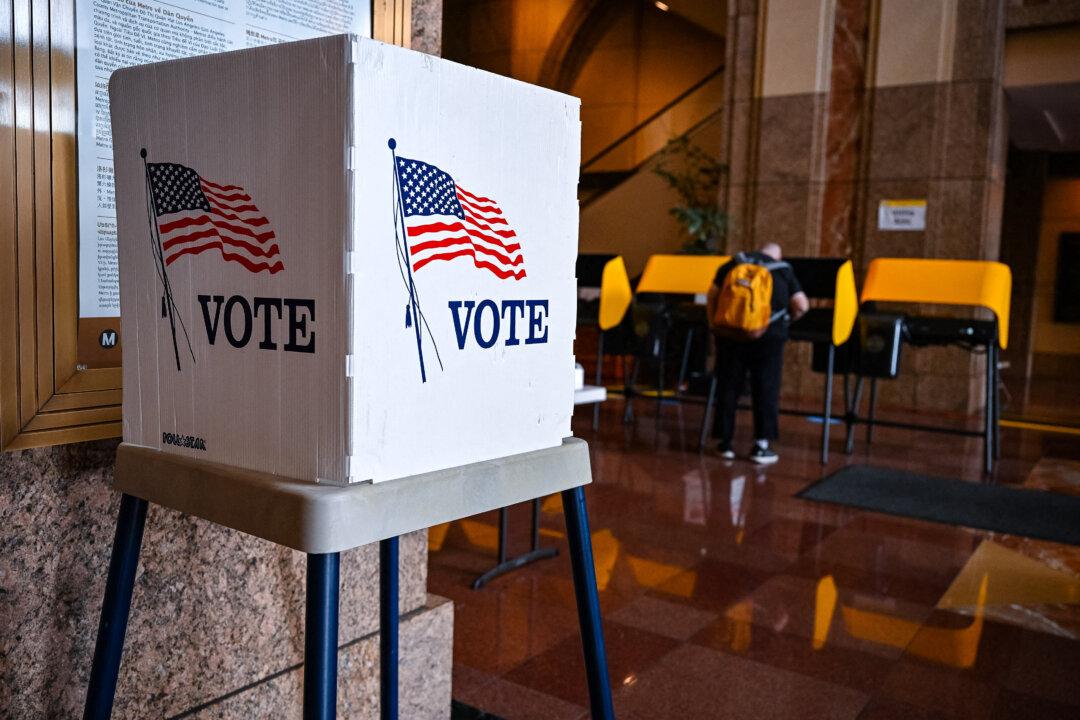The American Civil Liberties Union (ACLU) and other groups in Arkansas will not ask the U.S. Supreme Court to review a lower court ruling that private groups can’t sue under a key section of the federal Voting Rights Act.
The groups allowed a filing deadline to expire at the U.S. Supreme Court earlier this month.





